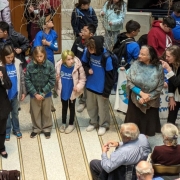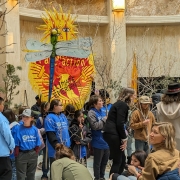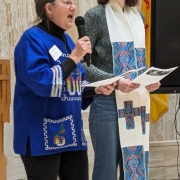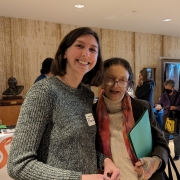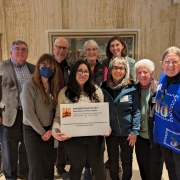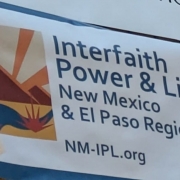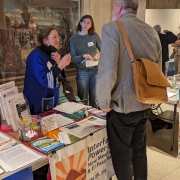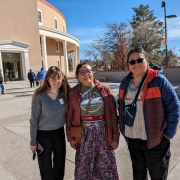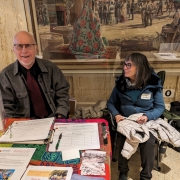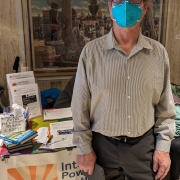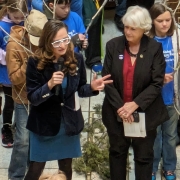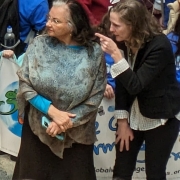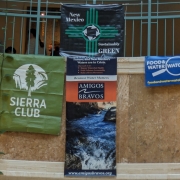Public News Service Highlights Our Event
Today the New Mexico News Connection ran the story New Mexico panelists tackle food, farming and fairness. The coverage is related to our event Our Sacred Lands: Food, Farming, and Fairness, scheduled on Wednesday evening, March 6, at 6:00 p.m. at First Congregational Church, 2801 Lomas Blvd SE The event offers the option of in-person attendance or virtual attendamce.
New Mexico News Connection is a part of Public News Service, an independent network of state-based news services. Our goal is threefold: to support an informed and engaged public, fund independent journalism, and tell the stories of people doing public interest work in communities across the country. You can also check out our social media listed below.

